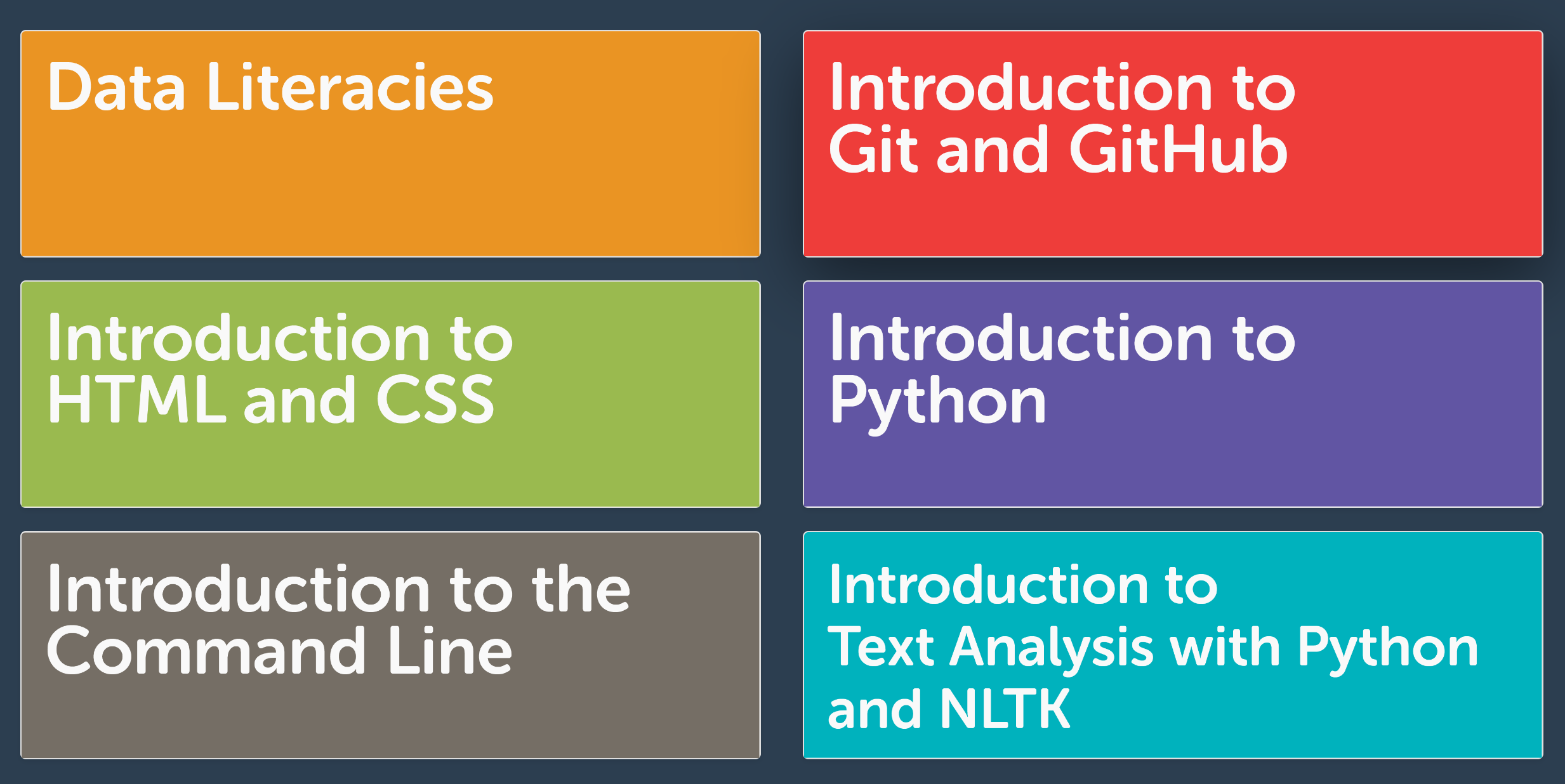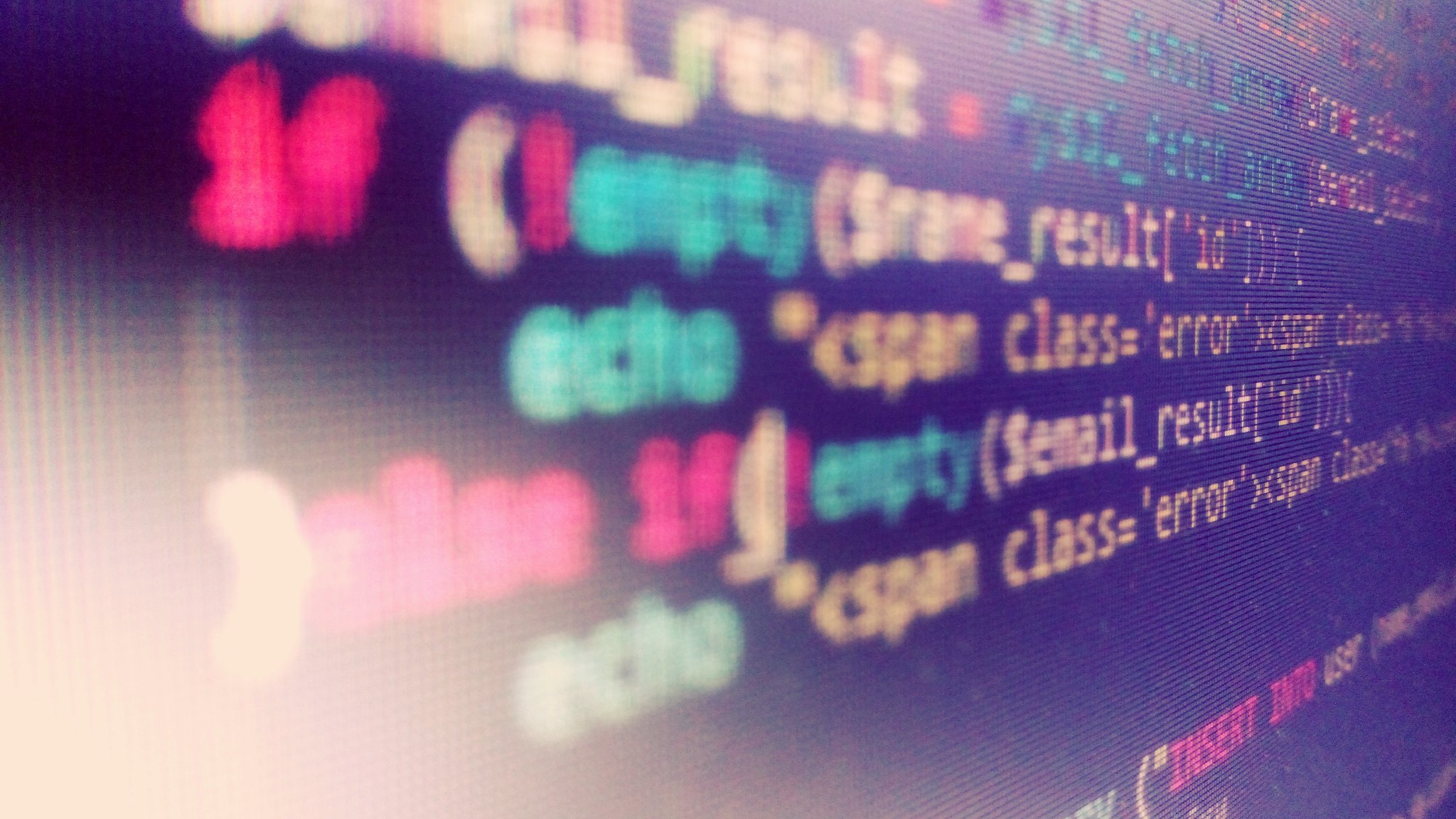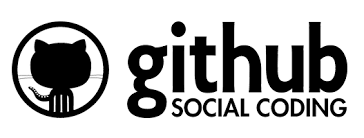
Between January 29 and February 27, the Digital Fellows ran their annual Digital Research Institute (DRI), which teaches foundational skills for doing digital research, as a remote Workshop Series. For this iteration of the institute, we transformed our usual in-person, 4-day institute into a series of workshops held remotely over 5 weekends. Each Saturday, 28 participants from 18 different programs at The Graduate Center joined us online to take workshops on the Command Line, Data Literacies, the Python and R programming languages, Text Analysis, Data Analysis, and Project Development. Bringing our DRI curriculum to an online environment, we tried to facilitate the kind of collective and supportive learning that we prioritize in our face-to-face sessions. As we confronted the challenge of bringing this ethos to an online learning environment, we realized how necessary this kind of support is for students at the GC.
The development of this DRI is closely entwined with that of the Digital Humanities Research Institute (DHRI), an NEH-funded program that grew out of the first DRI to offer its curriculum nation-wide. For the DHRI, Institute Coordinator Kalle Westerling and a team of Digital Fellows created in-person workshops with the main goal of teaching participants to run their own Digital Research Institutes at their home institutions. Due to the changes of the COVID pandemic, we shifted our DHRI curriculum from in-person, synchronous workshops to online, mostly asynchronous workshops. Our curriculum revision, led by Lisa Rhody, Kalle Westerling, Stephen Zweibel, with seven digital fellows, attempted to address one central challenge: How to teach digital skills to a beginner audience online, while staying true to our practice of supportive, communal learning.
Now that we have piloted this new revised curriculum at our annual DRI at The Graduate Center, we’ve learned a few things about teaching digital skills online. First, to create a sense of community, we opened a Slack workspace that offers students an online platform for discussion, link sharing, and check-ins. We also split up our participants into teams to replicate the small-table atmosphere of our in-person workshops. Then, when we began teaching the workshops, we shifted our pedagogical approach to make the most out of our participants’ attention spans online. We offered a combination of asynchronous and synchronous spaces and instructions to give participants more flexible and fuller access to the curriculum. And, in synchronous instruction, we got rid of multiple screens and created dedicated time blocks for demonstration, practice, and group work. These small adjustments to the organization of our participants, curriculum, and the timing and pacing of our synchronous workshops helped to recreate within our new online environment the slow, cumulative, and personal approach that is ideal for teaching technological concepts to beginners.
Despite our success with the online DRI Workshop Series, it also brought to light some of the more challenging problems that we couldn’t immediately address. As the series progressed, we realized that the most effective approach involved participants reading our asynchronous materials prior to the synchronous instruction. In order to better enable self-directed learning, therefore, the content of some of the workshops will need to be expanded and re-organized. Additionally, the synchronous sessions require more structuring and support to better help students who are having technical problems. Finally, we realized that some workshops, like Python for instance, are more time intensive online than in person, and will require more synchronous instruction time before moving on to advanced workshops like Text Analysis. Unfortunately, the increasing constraints that we face as the pandemic continues make it difficult to address many of these issues.
Soon, we will be sharing blog posts from this year’s DRI participants, who will explain first-hand their experience of the institute. In the meantime, we’d love to hear your thoughts!






